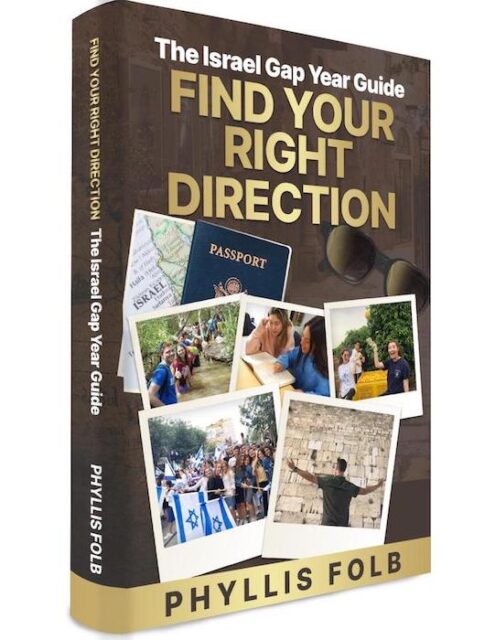People often turn to faith when they feel the need to understand some of the tougher “whys” of life. Yet the influence of religion has been on a steady decline in America, making it much harder for young people in particular to explore their authentic–and often unspoken–desires to learn about faith. On many college campuses, talk about religion is seen as anti-intellectual and doesn’t fit the vaunted “diversity” paradigm. Those who try to discuss it can be stigmatized.
In August 2020, The Interfaith Diversity Experience and Attitudes Longitudinal Survey was released, revealing that the 3,486 college students surveyed from their freshman to senior year campuses nationwide spent far more time learning about ethnic, political and sexual affiliations and orientations than they did about people of diverse religious outlooks.
How can students solve this dilemma of needing faith but having no outlet to express it?
Phyllis Folb has one answer. The founder and executive director of the American Israel Gap Year Association (AIGYA) has written “Find Your Right Direction: The Israel Gap Year Guide.” The book is based on Folb’s many years advising high school students about gap year programs and is the first to focus exclusively on Israel as a destination country for gap year. It includes information on 60 programs, from religious seminaries to high-tech internships. Interest in gap year programs is skyrocketing as college students log on to classrooms from home and yearn for meaningful, exciting experiential learning opportunities.
“The undergraduate years are a powerful shaper of students’ identities — who they are and how they choose to relate to the world around them,” Folb observes. “Students can find faith and self-identity during gap year in Israel. They emerge more confident and secure in their identities and empowered to deal with anti-religious bias they are likely to encounter at secular colleges.”
As one gapper said, “Living in Israel made Jewish history an integral part of finding my identity as a Jew in the modern world.”
Israel is also a “one-stop shop” for a variety of experiences. “Whether it’s technology, agriculture, medical research or the arts, Israel offers endless possibilities for adventure, career, emotional and spiritual development,” Folb adds. “College campus advisors certainly see the difference and encourage gap year experiences.”
The American Israel Gap Year Association (AIGYA) is a non-profit organization offering events, counseling, and educational resources for students exploring opportunities in Israel.
###
Contact
Phyllis Folb
[email protected]
(310) 702-0644





